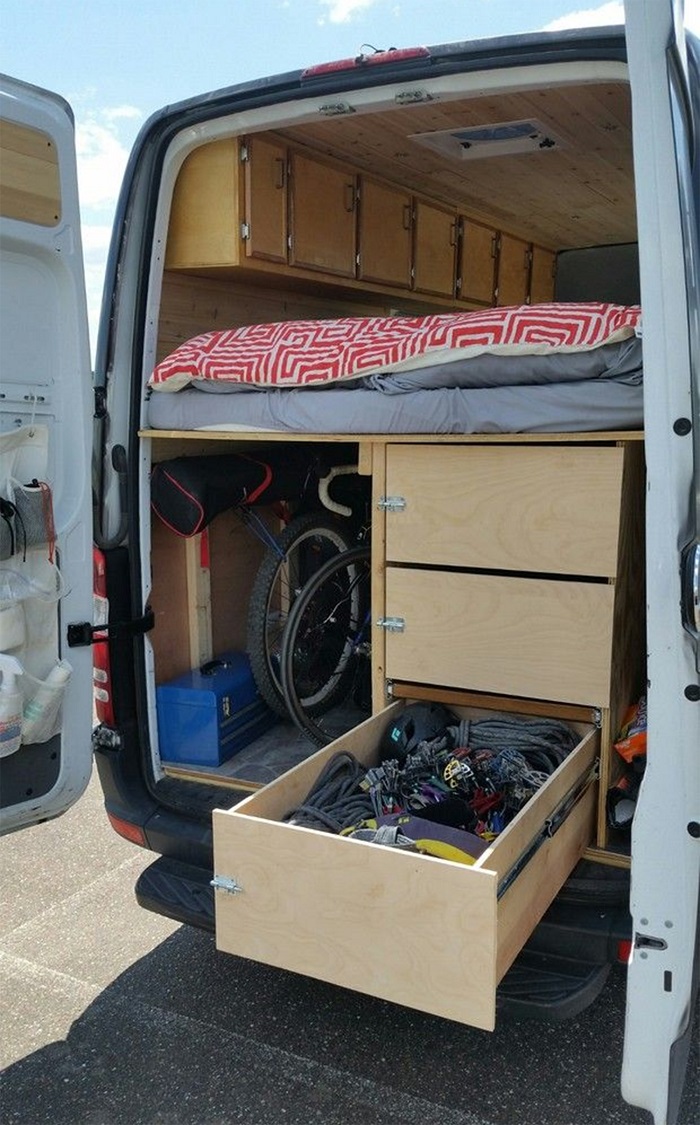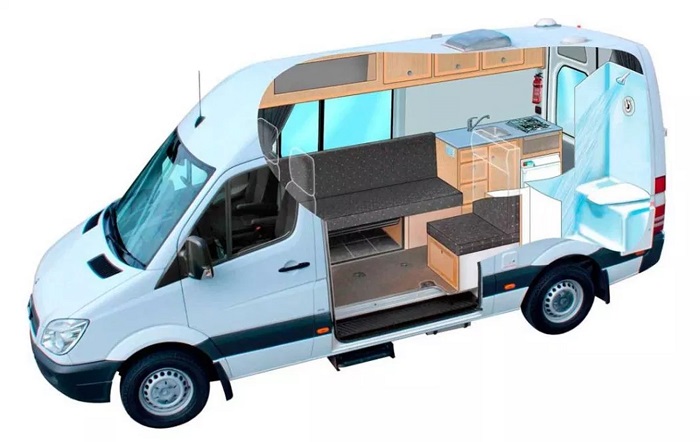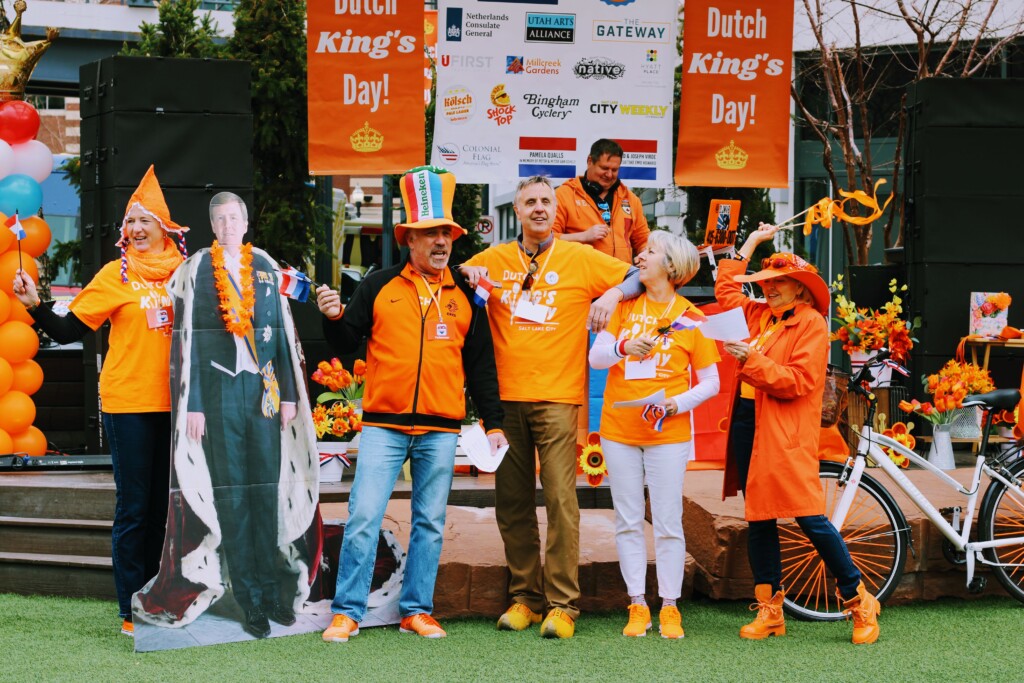How a Utah Man is Making a Living by Building Out Sprinter Vans
In 2017, Brad Woolf leapt into the entrepreneurial world by starting a woodworking business that would become Woolf Vans. Pulling from his experience as a rock climber and a Park Ranger, he began customizing van interiors for people who spend more time outside than in.
While working for the National Park Service from 2013 to 2017, Woolf poured his extra energy into small woodworking projects like bar stools and cutting boards. But the allure of designing his own schedule grew in appeal. After four years with the Park Service, the desire became too much to ignore, and he left his Park Ranger job to pursue woodworking full time in Hurricane, Utah.
Initially, he was concerned that he was running his business into the ground despite consistent 80-hour work weeks. His business approach demanded the same type of ferocity that it takes to climb big walls. He often backed himself into a corner, thinking that eliminating options forces you to find a solution.
When asked about the motivation behind starting his own business, Woolf stated, “I’ve always enjoyed woodworking but never thought about doing it professionally. I started doing things on the side and then that grew. And then I started realizing there was a market for vans.”
We all at some point needed the help of professional moving companies such as Transport Executive popular in Europe, but the “Van Life” trend caught on after the 2009 housing crash, leaving adventurous spirits seeking alternative lifestyles. Woolf was one of those spirits. He built out his first van in order to support his rock climbing pursuits full-time in 2010. Rather than paying rent for a conventional lifestyle, he abandoned the convenience of a house for the comfort of life on the road.

Woolf stated that many woodworkers design vans without having lived in them, which can make the placement of outlets and light switches inconvenient. But he aimed to remedy those types of issues. Knowing that the market standard takes 6-8 weeks for a full build-out, Woolf decided to focus on one project at a time. This would ultimately allow him to slice the market lead-time in half.
Woolf’s short-term goal is to complete 10 projects in 2018 and to build up a significant backlog of additional work. He currently employs one part-time individual but hopes to add a full-time member to his team. Next year, he hopes to shave his lead time down even more, allowing him to perform a custom build out in just 3 weeks. And eventually he hopes to implement reusable designs, allowing him to produce pre-fabricated products.
His emphasis on high-quality materials is important to him because he’s eliminating toxic products like formaldehyde-coated plywood. And he uses domestic timber to support the local economy.

Woolf’s most recent build-out features a substantial amount of storage space underneath the bed. The kitchen space included four cabinets, two drawers, and a refrigerator with spill-deterring shelves. Complete with plumbing, a passenger’s side swivel chair, and solar panels, Woolf’s designs optimize both space and comfort. He has also toyed with van designs that allow the user to remove the bed and re-install rear seating.
When asked what type of advice he might give entrepreneurs in a similar position, Woolf encouraged other dreamers to take the leap of faith: “Just go do it. But realize that you need to be working 80-100 hours a week. If you’re not willing to work hard, do whatever you want to do on the side until you can quit your day job. There are lots of people wanting to work for themselves but it takes a unique person to pull it off.”






